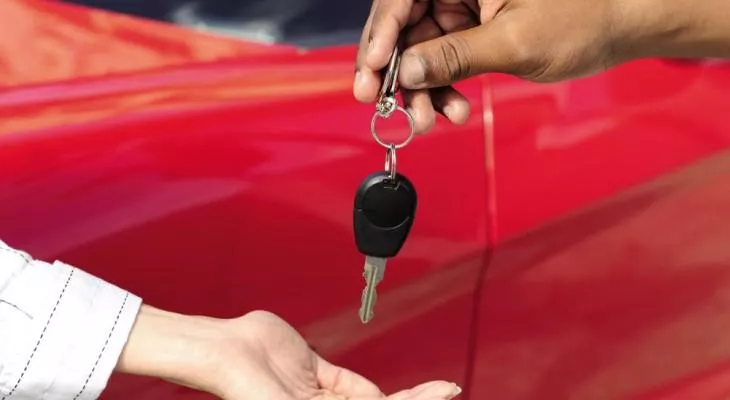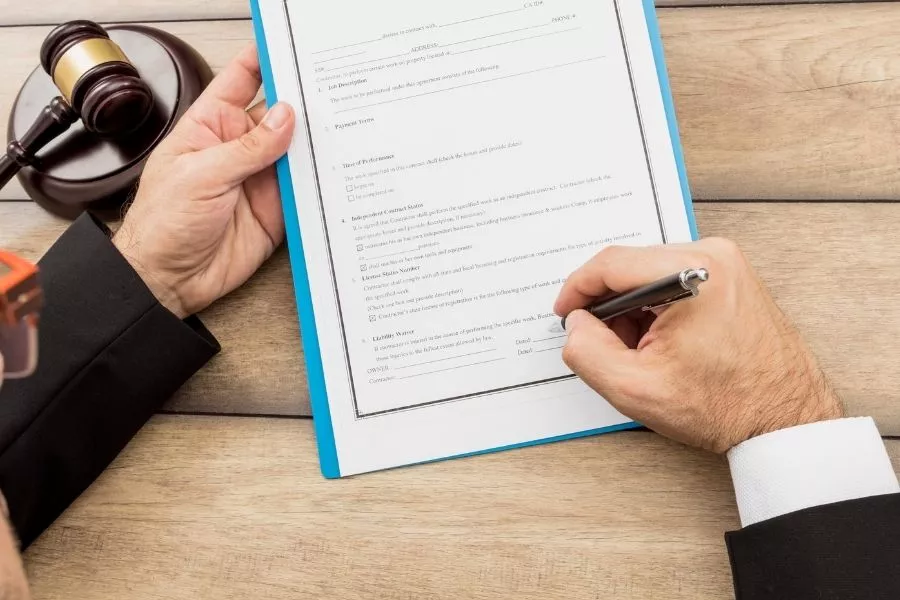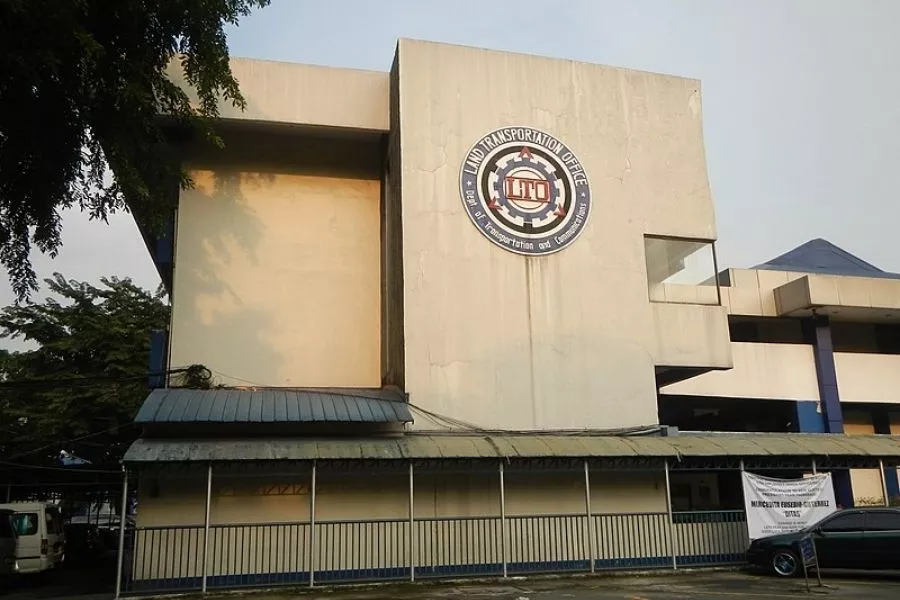Buying and selling a second-hand or pre-owned car doesn’t just stop once the money is exchanged. Sure, some used dealerships will allow you to drive away with the unit, but as most veteran car sellers know, there’s the matter of the transfer of ownership.

The proper car selling/buying process doesn't stop even after handing over the keys
By doing this, the Land Transportation Office (LTO) is made aware of the sale and the vehicle’s LTO change of ownership. In short, you, the seller, are no longer responsible for whatever conundrum the vehicle gets involved in while being operated by its new owner.
Here in the Philippines, it is common practice that the seller will shoulder the process of transferring car ownership. So, if you’re planning to sell your vehicle in the near future, take heed of the several steps listed below.
Transfer of ownership LTO requirements
Before we head to the part where we talk about how to transfer car ownership in Philippines. Here are all the required papers in order to process a motor vehicle’s transfer of ownership papers:
1. Deed of sale with assumption of car mortgage - This particular sheet of paper should include the car’s date of sale, its serial/chassis number, engine number, the price of the vehicle, the seller’s name and address, odometer mileage reading at the time of sale, and the buyer's name and address. It should also indicate the vehicle’s body type (e.g.: hatchback, pickup truck, etc.) make and model, year model, and color. And of course, this should be signed by both parties (buyer and seller) and notarized by an attorney. Notarization for a car’s deed of sale of a private car is usually priced at Php 450.

Notary services are easily found in city centers especially in Metro Manila. Just, take note of those fees
2. Release of Chattel Mortgage (If the car is encumbered) - This can be acquired from your nearest Registry of Deeds. You’ll need two valid IDs for this, and a bank processing fee of Php 500, and the chattel mortgage processing fee of around Php 980.
3. Original Office Receipt and Certificate of Registration issued by the LTO
4. Philippine National Police – Highway Patrol Group Clearance – Having this certifies that the car you’re selling (or buying) was not stolen or was involved in any criminal activity. Apart from the LTO issued OR CR, this requires your TIN number, all the details indicated on the deed of sale, and a duly accomplished Motor Vehicle Inspection Report (MVIR). The latter can be acquired and processed at the LTO, or the PNP’s Motor Vehicle Inspection Area. If the vehicle was sold by someone representing the seller, you’ll also need a Special Power of Attorney. As of 2019, the said clearance will require a fee of Php 300. Do note that you can also pay this via online banking. If that isn’t possible, you’ll need to pay the said fee at the nearest branch of the Landbank of the Philippines.
![A woman signing her a PNP-HPG Clearance [Photo: 20th Ave. PNP HPG Clearance Satellite Office] A picture of a woman acquiring a PNP-HPG Clearance](https://img.philkotse.com/temp/2024/07/27/pnp-hpg-clearance-cea6-5134.webp)
A woman signing her a PNP-HPG Clearance [Photo: 20th Ave. PNP HPG Clearance Satellite Office]
5. The most recent Official Receipt of Payment for the Motor Vehicle User’s Charge (MVUC) - This can be paid and acquired from the LTO. This of course will depend on the kind of car in question. For light vehicles with a gross weight of up to 1,600 kg, the fee is pegged at Php 1,600. The heavier the car, the higher the MVUC fee.
6. Compulsory Motor Vehicle Liability Insurance or CTPL – This is mandatory as it will provide protection for you from liabilities due to damage (or bodily injury/death) caused by the vehicle. This can go for as low as Php 610 depending on the make and model of the vehicle in question.
7. If the vehicle was owned by a corporation or a company, you’ll also need a secretary’s certificate.
Note: While the car transfer of ownership philippines cost 2021 mentioned here amounts to Php 3,940, there are several factors that will be different in actual practice. For instance, your vehicle might be heavier than 1,600 kg so you’ll need to pay a higher MVUC fee. There’s also the fact that you’ll also need to make several copies of the aforementioned documents, and some might need to be notarized. And lastly, the amount stated above doesn’t even include the actual transfer of ownership LTO fee.
>>> See more: Lastest car promos Philippines
Car LTO Transfer of Ownership: Steps
Once you have all of the documents mentioned above, you should be ready to proceed to the actual LTO change of ownership process.
1. Bring the car subject to the transfer of ownership to the right LTO office. Do note that you’ll need to do this at the LTO branch where the motor vehicle was originally registered. However, if the original file of the car’s certificate of registration is at the LTO’s main office in East Ave, Quezon City, you can perform the transfer of ownership process at any LTO branch.

The LTO Office at East Ave., Quezon City
2. Line up at one of the counters and provide all the necessary documents. The LTO employee will then calculate your fee.
3. The car will then undergo inspection by the LTO. This step includes emissions testing. Of note, you might have to perform emissions testing at an LTO certified Private Emission Testing Center.
4. Pay the cashier for the fees. This will cost somewhere around Php 530 to Php 680.
5. Wait for the new documents to be released. Do inspect the documents before you take off. This will include a new CR, stickers, among others.
LTO Change of Ownership: Reminders
In this day and age, one should make sure to follow basic health and safety protocols. During the document acquisition process and your visit to the LTO, you should wear a facemask and face shield. Also, a small tip and advice is that don’t forget to bring a small bottle of alcohol or hand sanitizer.

Once this is all done, the car's new owner can now fully enjoy his/her car
After receiving the new documents, make sure to make multiple copies. Place several inside the car too. If you’re the seller, do make sure to keep a copy of the said documents for your reference.
Car Transfer of Ownership FAQs
1. What if I lost my original LTO issued certificate of registration and/or official receipt?
Answer: The registered owner should provide a notarized affidavit of loss.
2. Who is responsible for the transfer of car ownership Philippines? The new owner or the seller?
Answer: As of the moment, there is no law that states that either the buyer or seller is responsible for the transfer of ownership. In most cases, however (especially in used car dealerships), the seller will shoulder this task.
3. How much transfer of ownership LTO in 2021?
Answer: The transfer of ownership fee will cost somewhere around Php 530 to Php 680.
4. What happens if the ownership of the car that was sold wasn’t transferred?
Answer: The original owner will be liable whenever something happens to the car. This includes accidents, traffic tickets, etc. If it was used in a crime, the name on the CR might become involved as well.
5. Where do I get a PNP-HPG clearance?
Answer: You can file for a PNP-HPG clearance at any PNP-HPG motor vehicle clearance satellite station.
That is all you need to know regarding the transfer of ownership, for more useful tips & tricks articles, please visit Philkotse.com












